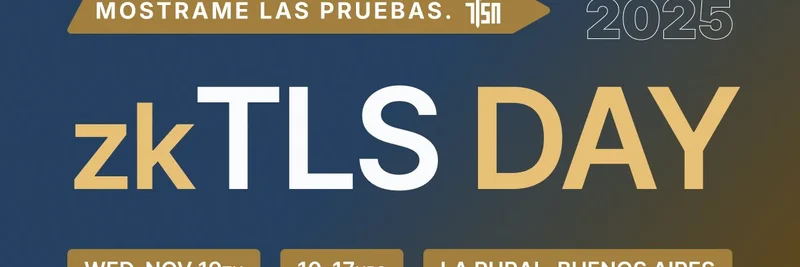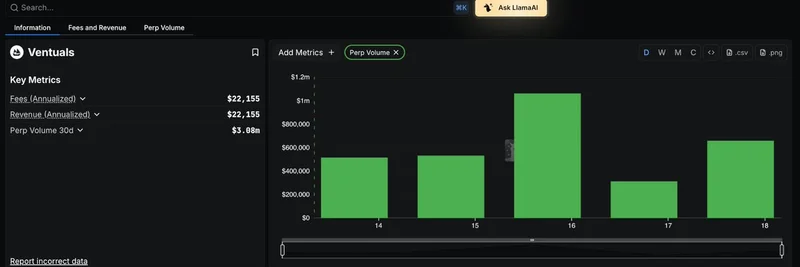In the bustling world of blockchain development, where layer-2 solutions like Base aim to make Ethereum more accessible, a recent exchange at Devconnect has sparked conversations among builders and investors. Ryan Gittleson, Base's International GTM lead, fired back at criticisms from David Phelps, co-founder of Jokerace, who called out Base for being the "least supportive major chain." This back-and-forth highlights ongoing tensions in the crypto space, particularly around how chains like Base handle memecoin launches and content-driven projects.
Phelps' original post, shared during Devconnect, painted a grim picture for founders choosing Base. He argued that despite promises of broad support, Base has focused heavily on "content coins" – essentially tokens tied to creators and media – at a time when both content creators and memecoin ecosystems are facing challenges. Memecoins, those viral, community-driven tokens often inspired by internet memes, have seen explosive growth but also volatility, with many projects "imploding" due to market saturation and regulatory scrutiny. Phelps noted that no standout apps have emerged exclusively on Base, with successes like Polymarket opting for Polygon or Pump.fun sticking to Solana.
Gittleson's response emphasized Base's efforts to nurture early-stage startups. He highlighted initiatives like flying in 50 teams from over 35 countries for demo days and events at Devconnect, aimed at helping these builders fundraise and launch tokens. "This pathway we created is designed to help founders from all over the world get their chance to get funded and take their business to the next level," he wrote in the thread. He also pointed to the Base app team's work on creating distribution channels, countering Phelps' claim that chains overpromise on user acquisition.
What stands out here is the reminder that while chains can accelerate growth, founders must hustle for their own customer base. As someone who's been in the industry since 2015, Gittleson stressed the need for scrappiness: testing multiple channels, even beyond web3, to drive real adoption. This rings especially true for memecoin projects, where community engagement and viral marketing often make or break success.
Replies to the thread show a mix of support and further debate. Jesse Pollak, a key Base builder, saluted the response, while others like Jon Kol questioned the depth of Phelps' critique, asking if chains should fully build products for startups. Victor928.eth praised Base as the best place for everyday products after eight years in Ethereum. Even Phelps responded positively, offering to collaborate on demo days using his platform.
This discussion underscores a broader shift in 2025's crypto landscape. With chains like Base backed by giants such as Coinbase, they offer network effects and stablecoin integration. Yet, as Phelps noted, new players like MegaETH and Abstract could capitalize by better incubating apps with targeted incentives. For memecoin enthusiasts, it's a call to evaluate chains not just on tech specs like speed and security – which are becoming table stakes – but on real distribution power.
If you're building a memecoin or content token, this exchange is a reality check: chains provide tools, but your project's traction depends on innovative growth strategies. Keep an eye on Devconnect fallout; it might shape where the next wave of onchain innovation heads.


